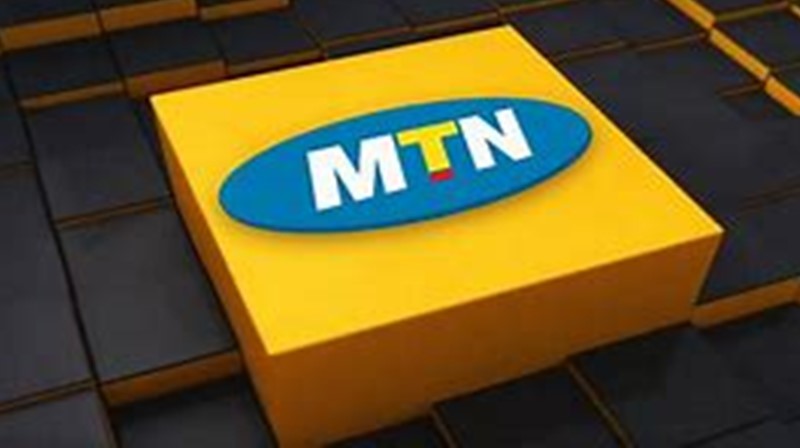In the first instance, Data price Floor (DPF) is the official minimum price set by a telecom regulator to drive healthy competition and protect either new entrants or smaller operators so as to limit chances of monopoly and poor quality of service.
Earlier this week, the telecoms regulator, the Nigerian Communications Commission (NCC), in Lagos addressed industry stakeholders on the importance of abiding by the prevailing code of corporate governance.
However, whereas the NCC is serious in seeing that operators abide to the code, there seems to be a clear instance where the NCC itself may have erred in the same code which it prepared. That is in carrying out its statutory functions without fear or favour especially as it concerns the regulation of DPF.
Business Hilights recalls that NCC had some months ago relied on its statutory powers to grant the new DPF, but the regime was cowed by overbearing influence of the lawmakers who mounted high pressure on NCC to backtrack.
But the scenario seems to have raised a moral question when provisions of some sections of the Communications Act 2003 which the same NCC is riding on, are put on the table of justice.
On whether NCC is also a competition regulator, the Act is very clear as according to a communication law expert, Stephen ‘seun Oke, an Associate at Banwo & Ighodalo, “Like other sector regulators (e.g. NERC, SEC, DPR etc.), sections 90 of the Nigerian Communications Act 2003 (“NCA”) gives NCC the exclusive competence to administer and enforce compliance with competition laws, and to sanction anticompetitive practices, in the telecoms market. The Competition Practices Regulations 2007 (Competition Regulations) were made by the NCC pursuant to its powers under the NCA”.
On whether the NCC again, has the powers to regulate price, he averred that “Section 108 gives the NCC powers to regulate and approve tariff rates. Section 108(4)(d) requires the NCC to structure tariff rates and set levels to attract investments into the communications industry”.
Oke argued further on if tariffs have any correlation to costs, and made it clear that “Specifically, section 108(4)(b) of the NCA provides that tariff rates “shall be cost-oriented and, in general, cross-subsidies shall be eliminated.”
“Further, section 108(4)(b)(c) of the NCA provides that tariff rates shall not contain discounts that unreasonably prejudice the competitive opportunities of other providers. Regulation 8(f) of the Competition Regulations also precludes Telecoms from “supplying communication services, at prices below long run average incremental costs or such other cost standard, as is adopted by the Commission,” Oke submitted.
Analysts say given the above, there seems to be a twist in the strength of morality being mustered by NCC to remain silent in reviewing the DPF and also conducting a stakeholders’ forum on issues of industry corporate governance.
The executive vice chairman of the NCC, Professor Umar Danbatta, during the stakeholders’ summit had mandated all Mobile Network Operators (MNO) and Internet Service Providers (ISP) to fully integrate the industry’s Code of Corporate Governance (CCG) towards sanitizing the sector, particularly to protect the sectorial multi billion dollars’ investments.
He said the Code has become part of the extant regulatory instruments for telecommunications operation in Nigeria.









